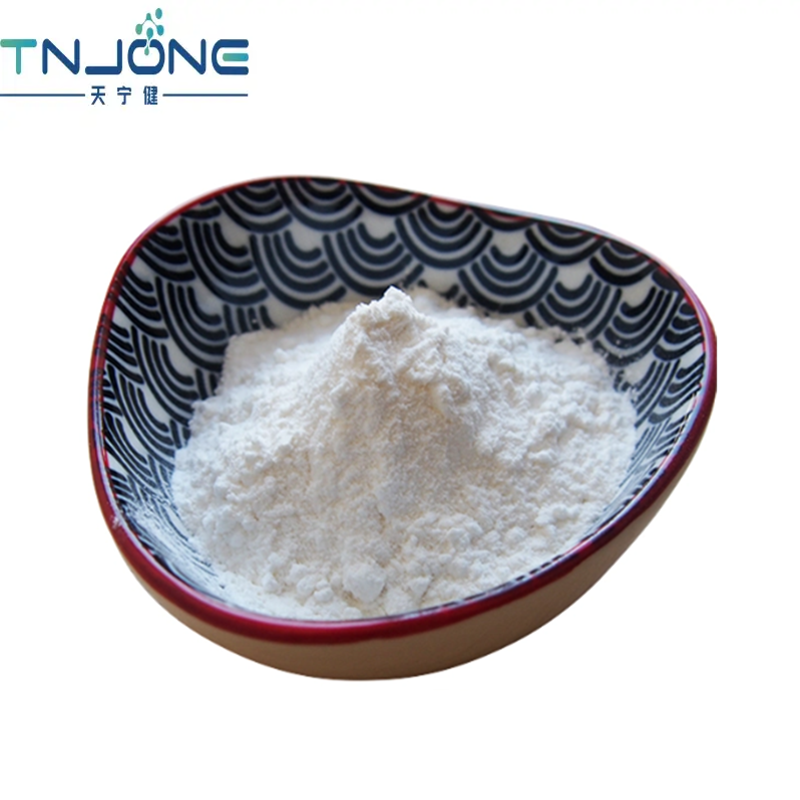-
Categories
-
Pharmaceutical Intermediates
-
Active Pharmaceutical Ingredients
-
Food Additives
- Industrial Coatings
- Agrochemicals
- Dyes and Pigments
- Surfactant
- Flavors and Fragrances
- Chemical Reagents
- Catalyst and Auxiliary
- Natural Products
- Inorganic Chemistry
-
Organic Chemistry
-
Biochemical Engineering
- Analytical Chemistry
-
Cosmetic Ingredient
- Water Treatment Chemical
-
Pharmaceutical Intermediates
Promotion
ECHEMI Mall
Wholesale
Weekly Price
Exhibition
News
-
Trade Service
On January 25, the Shenyang City Market Supervision Department released the results of a recent survey on residents’ recognition of imported cold chain foods: 100% of the respondents did not continue to buy imported cold chain foods after discovering that imported cold chain foods had a source of infection of the new crown virus.
Recently, the outer packaging samples of imported frozen cod, imported frozen deboned beef, imported frozen hairtail, and imported frozen beef from many parts of the country have tested positive for the new coronavirus nucleic acid
The change is not only in the direction of consumption, but also in the data of the warehousing, production, and operation companies that import fresh produce
The survey shows that recently, the consumption of imported cold chain food and domestic cold chain food accounted for approximately 20% and 80%, respectively, and the proportion of imported cold chain food sales showed a gradual downward trend.
In response to the price issue that the people are concerned about, according to the data on January 1, Shenyang’s agricultural and sideline product production and storage capabilities are relatively strong.
According to the data analysis of the third week of price monitoring by the relevant departments of Shenyang City in the third week of January, under the premise of ensuring the stability of the market supply, the price will not fluctuate significantly, and stable operation can be achieved
The Shenyang market supervision department stated that under the dual changes of consumer perceptions and market supply and demand, the demand and sales volume of imported frozen food have fallen sharply.







